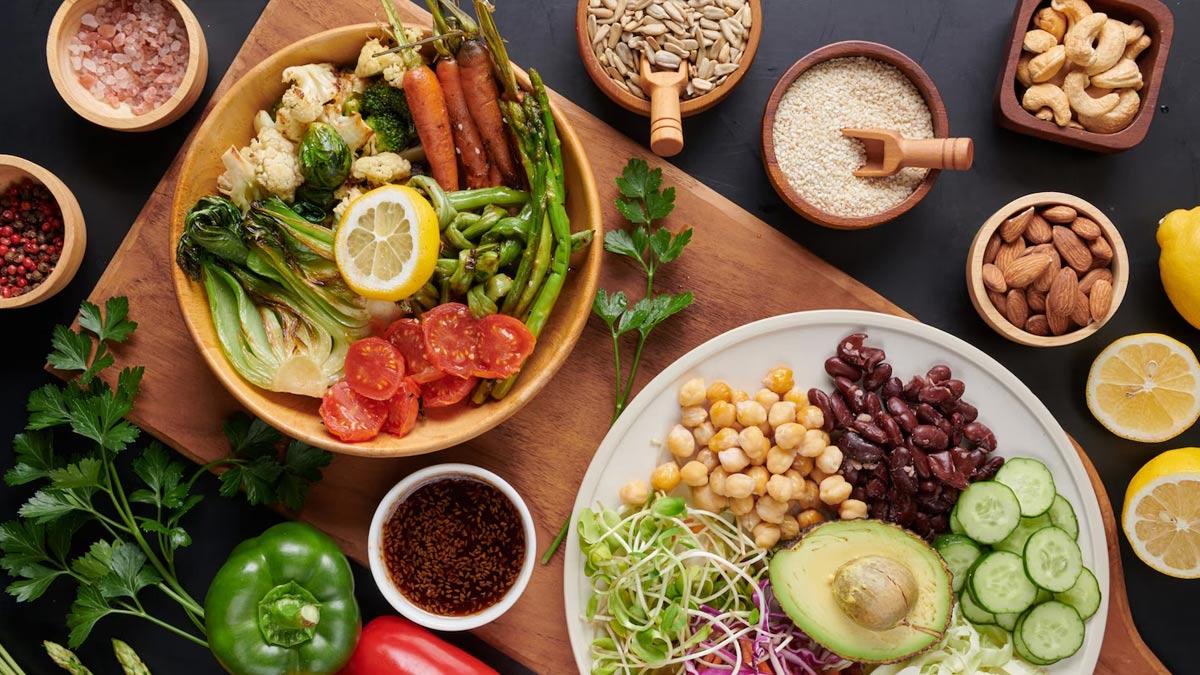
Over the past few years, there has been greater recognition of the impact that highly processed, frozen, and packaged foods have on overall health, particularly reproductive health. Fertility, or the natural capacity to conceive, is impacted by a number of variables, including genetics, lifestyle choices, and diet. Recent research indicates that food selections can greatly influence an individual's fertility, particularly regarding the intake of convenient and processed items such as frozen dinners.
Table of Content:-
We spoke to Dr Kshitiz Murdia – IVF Expert, CEO and Whole-Time Director, Indira IVF Hospital Limited, who explained if frozen foods and packaged diets impact fertility.
Connection Between Frozen and Packaged Foods and Fertility

The recognised factors contributing to infertility include age, genetics, hormonal imbalances, obesity, smoking, dietary habits, and alcohol use. Diet is a modifiable element, and emerging data suggest a strong link between nutrition and reproductive health. According to research, diets rich in folic acid, omega-3 fatty acids, soy, vegetables, fruits, whole grains, and seafood help reduce female infertility rates and improve treatment efficacy.
A study in Taiwan revealed that seniors who prepared meals at home over five times a week had a notably longer life compared to those who never engaged in cooking. Furthermore, eating at home reduces exposure to processed and packaged foods that contain endocrine disrupting chemicals (EDCs). According to studies, those who eat non-home-prepared meals (NHPM) are more likely to be exposed to EDCs like phthalates and bisphenol A. These chemicals, such as the higher lipid levels present in NHPM, have been associated with a higher risk of infertility.
In a 2020 study of American women's diets, the frequency of eating non-home-cooked items such as frozen meals, ready-to-eat alternatives, and fast food was strongly associated with self-reported infertility. Women who regularly consumed these meals had a risk of infertility that was two to three times greater than those who did not. This means that eating fast food and having a low-quality diet pose considerable risks.
Also Read: Can Frozen Food Be Made Healthy By Reheating it? Here’s What One Should Know
Impact of Unhealthy Food Ingredients on Reproductive Wellness
Trans fatty acids are linked to reduced reproductive rates. They're typically found in baked goods, fried foods, and frozen pizza. They interfere with ovulation in females and sperm production in males by altering hormone levels and inducing inflammation. Excessive consumption of processed sugars and carbohydrates, which are found in many frozen and packaged foods, can cause insulin resistance. This disease is known to result in poor sperm quality and ovulation issues.
Vitamins, minerals, and antioxidants are all essential nutrients for fertility and are generally low in ultra-processed diets. These micronutrients reduce oxidative stress in reproductive tissues, improving egg and sperm quality. When these fundamental minerals run out in processed diets, the body has a tough time with good fertility.
Also Read: Rising Infertility Rates: Is Infertility Developing Into A Global Epidemic? Doctor Explains
Significance of a Nutritious Preconception Diet

Diets high in whole foods, including fruits, vegetables, whole grains, healthy fats, and fish, have been demonstrated to improve fertility. A Mediterranean-style diet rich in fresh vegetables, plant-based proteins, and monounsaturated fats has been linked to enhanced sperm quality, lower risk of infertility, and better ovulatory function. A significant prospective cohort study revealed that women adhering to a 'fertility diet' with these characteristics experienced a 66% reduced risk of ovulatory infertility compared to those with poor dietary habits.
These findings suggest that the quality of one's diet, specifically the proportion of natural versus excessively processed foods, has a major influence on fertility. Avoiding processed frozen dinners, trans fats, and sugary packaged goods in favour of nutrient-dense natural foods will improve reproductive health, inflammation control, and hormone balance.
Bottomline
Dr Murdia concluded, “Frozen and packaged foods may have a negative impact on fertility due to their low nutritional value and the presence of trans fats, preservatives, and chemicals. Individuals of both genders who want to conceive should generally avoid ingesting these products. They should eat a well-balanced diet that includes whole, minimally processed foods. Individuals can increase their chances of having a successful pregnancy and maintain hormonal balance by eating nutritious meals and avoiding overly processed foods.”
Also watch this video
How we keep this article up to date:
We work with experts and keep a close eye on the latest in health and wellness. Whenever there is a new research or helpful information, we update our articles with accurate and useful advice.
Current Version